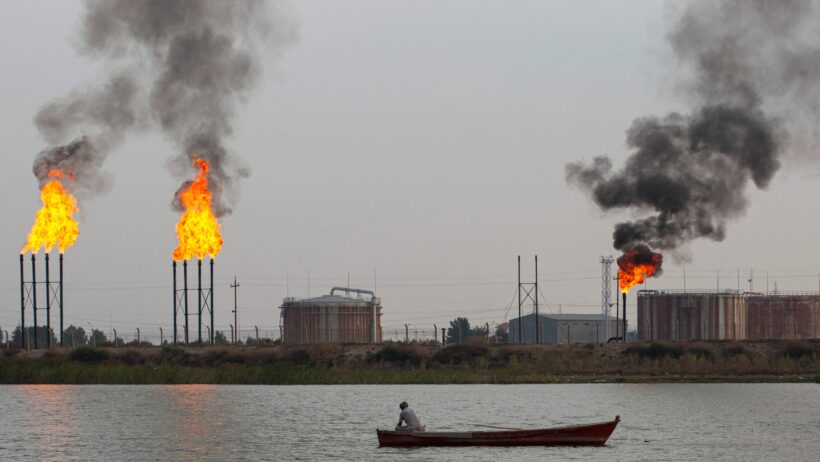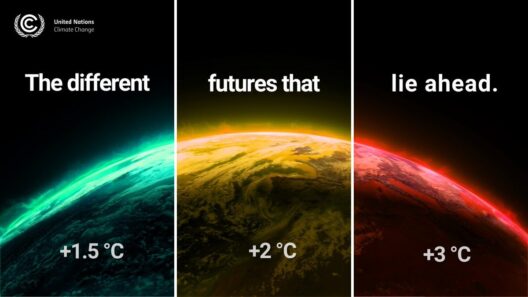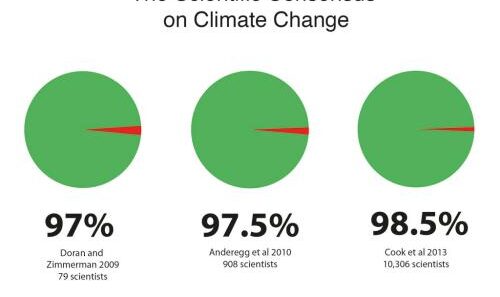Climate change has emerged as one of the most formidable challenges facing humanity, prompting urgent discourse regarding the feasibility of significant mitigation efforts. The question, “Is it too late to stop climate change?” underscores a poignant reality in contemporary environmental debates. Climate change refers to long-term alterations in temperature, precipitation, wind patterns, and other elements of the Earth’s climate system. These shifts are increasingly attributed to human activities, especially the burning of fossil fuels, deforestation, and intensive agriculture. As the planet warms, the repercussions are becoming increasingly manifest, raising concerns about the viability of reversing or even halting these changes.
The current trajectory of global emissions and rising temperatures presents a daunting landscape. Over the last century, average global temperatures have risen approximately 1.2 degrees Celsius above pre-industrial levels. This warming correlates with shifting weather patterns, rising sea levels, and increased frequency of extreme weather events. Such alterations pose direct threats not only to natural ecosystems but also to socio-economic stability. Nevertheless, the assertion that it may already be too late to rectify these issues requires a nuanced exploration.
First, it is essential to assess the notion of “tipping points,” which are critical thresholds within the earth’s climate system where small changes can lead to drastic and often irreversible effects. For instance, the melting of the Arctic ice cap contributes to further warming, as open water absorbs more heat than reflective ice. The loss of the Amazon rainforest could lead to a shift in regional climates, impacting global weather patterns. These scenarios highlight that while there is substantial evidentiary support demonstrating the perilous state of the environment, there remains robust scientific inquiry into the potential for reversing some damage or at least mitigating its effects.
Many advocates suggest that while it may be too late to return to a pre-industrial state, it is not too late to avert the most catastrophic consequences of climate change. With advancements in technology, renewable energy, and changing societal norms, the groundwork is laid for substantial progress in combating climate change. Shifting to renewable energy sources—such as solar, wind, and hydropower—can reduce dependence on fossil fuels, thus curtailing greenhouse gas emissions. Countries across the globe are already witnessing profound transformations, including the increasing feasibility of electric vehicles, energy-efficient buildings, and sustainable agricultural practices.
Secondly, adaptation efforts cannot be overlooked. While mitigation aims to address the root causes of climate change, adaptation strategies focus on preparing for the impacts that are already unavoidable. Coastal communities are investing in flood defenses, water conservation efforts are becoming paramount in arid regions, and agricultural practices are evolving to ensure food security in a changing climate. While these strategies do not eliminate the problem, they can significantly buffer communities against the adverse effects of climate change, demonstrating resilience in the face of encroaching environmental instability.
Education and activism also play critical roles in this narrative. Raising awareness about climate change mobilizes individuals and communities to advocate for policy adjustments at local, national, and international levels. Through grassroots movements, social media campaigns, and public discourse, advocacy groups are driving momentum towards climate-oriented policies, urging governments to commit to aggressive reduction targets aligned with scientific recommendations. Initiatives such as the Paris Agreement showcase a collective ambition to limit global temperature rise to well below 2 degrees Celsius, underscoring that international cooperation remains indispensable to mitigating climate change.
Nonetheless, the question persists: Is enough action being taken? The urgency of climate change calls for immediate and concerted efforts, yet there is considerable debate regarding the sufficiency of current measures. While international agreements set ambitious targets, actual national policies often fall short of required emissions reductions. The International Energy Agency, for example, has noted that global emissions must decline by nearly 45% by 2030 to limit warming to 1.5 degrees Celsius. This trajectory will necessitate profound systemic changes across all sectors, including transportation, industry, and agriculture, necessitating unprecedented levels of investment and innovation.
Moreover, equity considerations are crucial in climate discussions, particularly regarding the responsibilities of developed versus developing nations. Historically, developed nations have been the primary contributors to greenhouse gas emissions, yet the impacts of climate change are often felt most acutely in lower-income countries that possess fewer resources to adapt. As the world navigates this intricate landscape, ensuring that vulnerable populations receive support in the transition to a sustainable economy becomes paramount. Climate justice advocates emphasize that addressing inequality within climate actions fosters a more equitable approach to climate resilience.
In conclusion, deliberations on whether it is too late to stop climate change reflect a complex interplay of factors, including science, technology, policy, and ethics. While the evidence indicates that we are in a race against time, it is critical to foster hope through actionable steps towards sustainability. The goal is not merely to curb emissions but to build a resilient planet equipped to handle environmental challenges. Collective action at all societal levels can still lead to meaningful progress, demonstrating that while the path is steep, it is not insurmountable. Engaging in the climate movement and advocating for robust, equitable policies remains imperative to address one of the most pressing challenges of our time.







